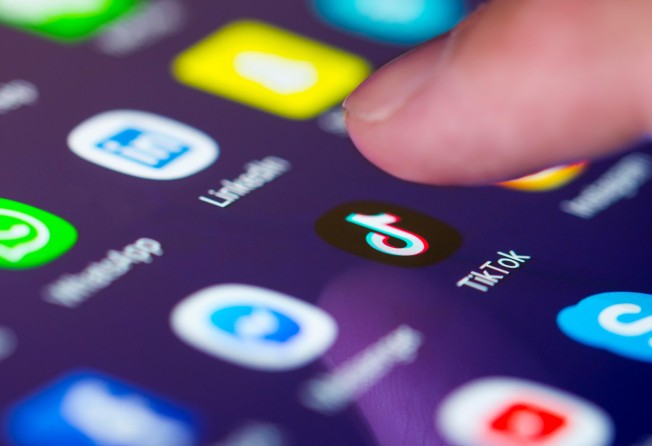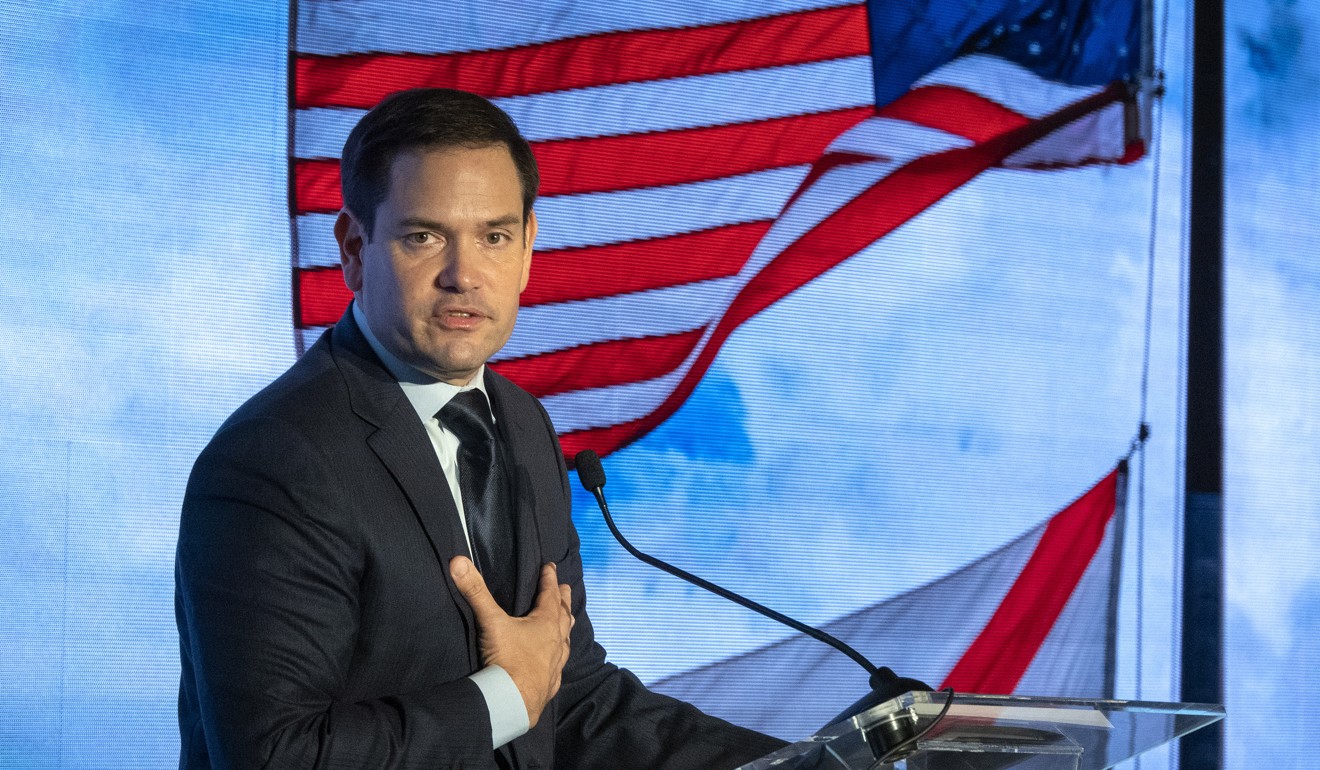If TikTok is the new US bogeyman, what does this mean for ByteDance’s overseas expansion plans?
- Launched in 2017, TikTok has faced mounting pressure over past weeks from Washington to Silicon Valley

TikTok has taken the world by storm mostly because it is fun, lighthearted and young.
The viral short video app, wildly popular among teenagers, has finally received some serious attention from adults though - of the unwanted kind.
In a letter addressed to the US national security director on Wednesday, Senate Minority Leader Chuck Schumer and Senator Tom Cotton, Republican of Arkansas, are calling on intelligence officials to assess the potential risks posed by TikTok, an app owned by China’s internet upstart ByteDance Technology.
“With over 110 million downloads in the US alone, TikTok is a potential counter-intelligence threat we cannot ignore,” the senators wrote in their letter.
The senators’ concerns are centred on TikTok’s collection of user data and whether China censors content seen by US users, such as information on political protests.
Launched in 2017, TikTok has faced mounting pressure over the past few weeks from Washington to Silicon Valley, triggering speculation that it could become the latest victim to be caught in the crossfire of an intensifying tech war between the world’s two biggest economies – China and the US.
“There has been a steady drumbeat from US officials for weeks now suggesting TikTok could be the next target,” said Samm Sacks, China Digital Economy fellow at New America, a Washington-based think tank.
Amid the trade war between China and the US, an increasing number of Chinese tech companies from telecoms giant Huawei Technologies to artificial intelligence start-up SenseTime have caught Washington’s attention. More of them have been added to the US Entity List over national security and human rights issues, restricting them from buying US-made technology.
The concerns over TikTok come after the case of Beijing Kunlun Tech, a Chinese-owned company which has been forced to sell US gay dating app Grindr — an app it purchased in January 2018 — by 2020 amid US national security fears.
TikTok is arguably the first social media app from China to garner a strong presence globally. The app has been installed 1.45 billion times since its launch; it allows users to create and consume a vast global collection of 15-second clips featuring many aspects of daily life, from singing and dancing to dressing and cooking.
But TikTok’s rise in the US – it was the most downloaded app in the US last year – has only started to attract negative attention in recent months amid rising concerns over national security issues and censorship by a foreign power.

This month, US Senator Marco Rubio requested that the government conduct an investigation of TikTok, to check whether it poses a national security risk by censoring content that upsets leaders in Beijing. He also asked a US national security panel to review ByteDance’s acquisition of the US karaoke app Musical.ly, which has been merged with TikTok.
Also this month, Facebook chief executive Mark Zuckerberg, whose product competes directly with TikTok for younger users, also attacked the app over censorship concerns.
Experts have pointed out that TikTok’s expansion in the US will be hindered if the government take steps to rein in TikTok, although the effects on markets outside the US may not be too severe.
“They [US government] could use CFIUS [to reverse TikTok’s acquisition of Musical.ly] as Rubio suggested — but unlike Grindr, it is less clear to me what the national security risk would be of Beijing’s access to data on 13 year-olds,” said Sacks.
The Committee on Foreign Investment in the United States (CFIUS) is an inter-agency committee of the US government that reviews the national security implications of foreign investments in US companies or operations.
“Another possible tool is the executive order which gives the US Commerce Department vast authority over any transaction deemed a threat to the so-called digital economy,” she added.
TikTok has already seen its global user downloads fall for the first time in the quarter ended in September after significant growth since launch. New data from Sensor Tower shows the app gained an estimated 177 million first-time users across the Apple App Store and Google Play between July and September, a 4 per cent decline from a year ago.
Jeffrey Towson, a Peking University investment professor and an expert on China’s digital economy, said that US government action could hit the company in the US. “But I don’t think it will impact ByteDance [elsewhere] internationally,” he said.
Towson said that there was a risk that competitors in the US may be using politics to curtail TikTok’s rise and that all social media companies, including Facebook and Twitter, are censoring content to “curate quality at scale”.
In a statement dated Friday, TikTok defended itself over data privacy and security, saying that the company stores US user data in the US, with backup redundancy in Singapore.
“Our data centres are located entirely outside China, and none of our data is subject to Chinese law,” said the TikTok statement.
TikTok is an app operated by ByteDance outside China while for China’s domestic users the company has a separate app called Douyin. Users of Douyin and TikTok are walled off from each other to avoid having potentially problematic content created outside of China viewed by a domestic audience.
In response to content concerns, TikTok said: “Let us be very clear: TikTok does not remove content based on sensitivities related to China. We have never been asked by the Chinese government to remove any content and we would not do so if asked. Period.”
For more insights into China tech, sign up for our tech newsletters, subscribe to our Inside China Tech podcast, and download the comprehensive 2019 China Internet Report. Also roam China Tech City, an award-winning interactive digital map at our sister site Abacus.